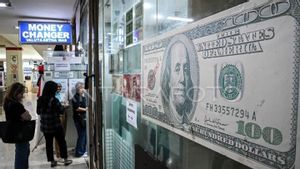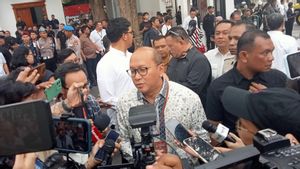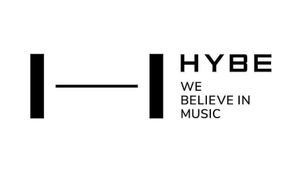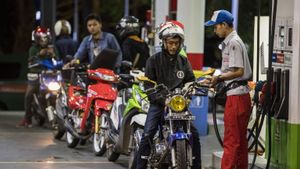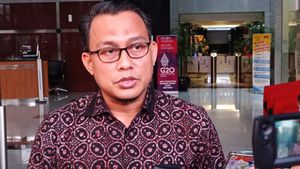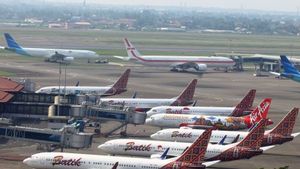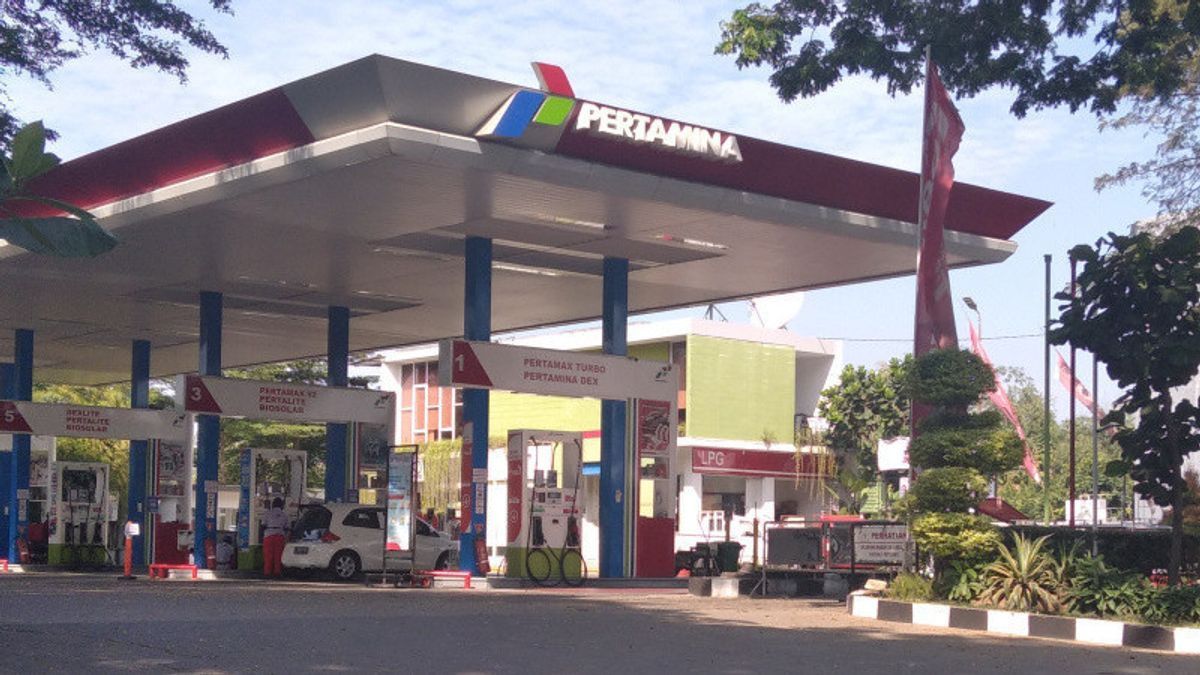
Last week President Joko Widodo (Jokowi) summoned the relevant ministers for a meeting to discuss the threat of inflation. As stated by the Governor of Bank Indonesia Perry Waluyo, the inflation rate in Indonesia as of July 2022 reached 4.94 percent, exceeding the upper limit of the target of 3 percent plus minus 1 percent. According to Perry, this was mainly due to high inflation in the food category, which was volatile at 11.47 percent, exceeding the projection of 5-6 percent. During the meeting, the president requested special attention from regional heads to monitor inflation in the regions they lead. More specifically, the five regions with the highest current inflation rate are Jambi at 8.55 percent, West Sumatra 8.01 percent, Bangka Belitung 7.77 percent, Riau 7.04 percent, and Aceh 6.97 percent. 30 regions which, according to the Coordinating Minister for Economic Affairs Airlangga Hartarto, the inflation rate was above the national inflation of 4.94 percent in July 2022. President Jokowi also ordered all local governments, both district/city and provincial levels to cooperate with the Central Inflation Control Team ( TPID) and regions (TPID) in order to suppress the inflation rate. President Jokowi also asked regional heads to use unexpected expenditure budget items in their respective regional revenue and expenditure budgets (APBD) for various policies to reduce inflation in their regions. Jokowi admitted that he had ordered the Minister of Home Affairs Tito Karnavian to issue regulations related to this matter.
President Jokowi needs to discuss the threat of inflation because as stated by MPR Chairman Bambang Soesatyo, Indonesia must be careful because inflation could reach double digits. Moreover, the world economy is no longer good. The food crisis is threatening. The Russian-Ukrainian war is still not over. In the midst of this situation, the Coordinating Minister for Maritime Affairs and Investment (Menko Marves) Luhut Binsar Pandjaitan even announced that the government would increase the price of subsidized fuel oil (BBM) Pertalite and Solar. This is predicted to reduce economic growth to 5.4 percent.
A number of economic observers in the media say that the current increase in subsidized fuel is not appropriate and must be handled with caution. Because the impact will be disturbing. There are 70 percent of Pertalite users. It is predicted that the increase in Pertalite which reaches Rp. 10 thousand per liter will reduce people's purchasing power which in the end will trigger inflation which is approaching 5 percent. Especially now that people have not fully recovered from the COVID-19 pandemic and are also facing rising food prices. Economic observer from UGM, Fahmy Radhi, as published by voi.id said, instead of increasing Pertalite, he advised the government to better regulate the fuel subsidy, which he believes is around 60 percent. percent is not right on target. According to him, MyPertamina will not be effective in limiting BBM so that it is right on target and even causes injustice by determining the criteria for cars of 1,500 CC and below that are entitled to use subsidized fuel. and Solar. Outside of motorcycles and public vehicles, consumers must use Pertamax and above. These restrictions, besides being effective, are also easier to implement at all gas stations.
For this reason, he said, the criteria for motorcycles and public transportation that are entitled to use subsidized fuel should be immediately included in Presidential Regulation No. 191 of 2014 as a legal basis.
The government itself argues that subsidized fuel, diesel and pertalite must increase in response to the high world crude oil prices. Finance Minister Sri Mulyani said the state budget ceiling for energy subsidies and compensation was IDR 502 trillion. If the volume of subsidized fuel distribution increases, it can cause subsidies and compensation to exceed the budget ceiling. Pertamina noted that the distribution of Pertalite type fuel until July 2022 has reached 16.8 million kiloliters (kl). This means that the subsidized fuel quota remains only 6.2 million kl from the quota set at 23 million kl this year. The government's burden is indeed heavy to bear the cost of subsidies, but as economic observers say, increasing subsidized fuel will have a direct impact on people's declining purchasing power and increase the number of new poor people. Also predicted to trigger inflation. As described at the outset, this is a matter of particular concern to President Jokowi.
So there must be a concrete solution. It is better for the government to ensure and tighten supervision so that subsidized fuel is right on target. To ease the burden on the state budget, the government also saves on personnel expenditures, goods and services expenditures. Even if subsidized fuel is forced to increase, the government must think of other forms of subsidies to ease the burden on the community.
The English, Chinese, Japanese, Arabic, and French versions are automatically generated by the AI. So there may still be inaccuracies in translating, please always see Indonesian as our main language. (system supported by DigitalSiber.id)


